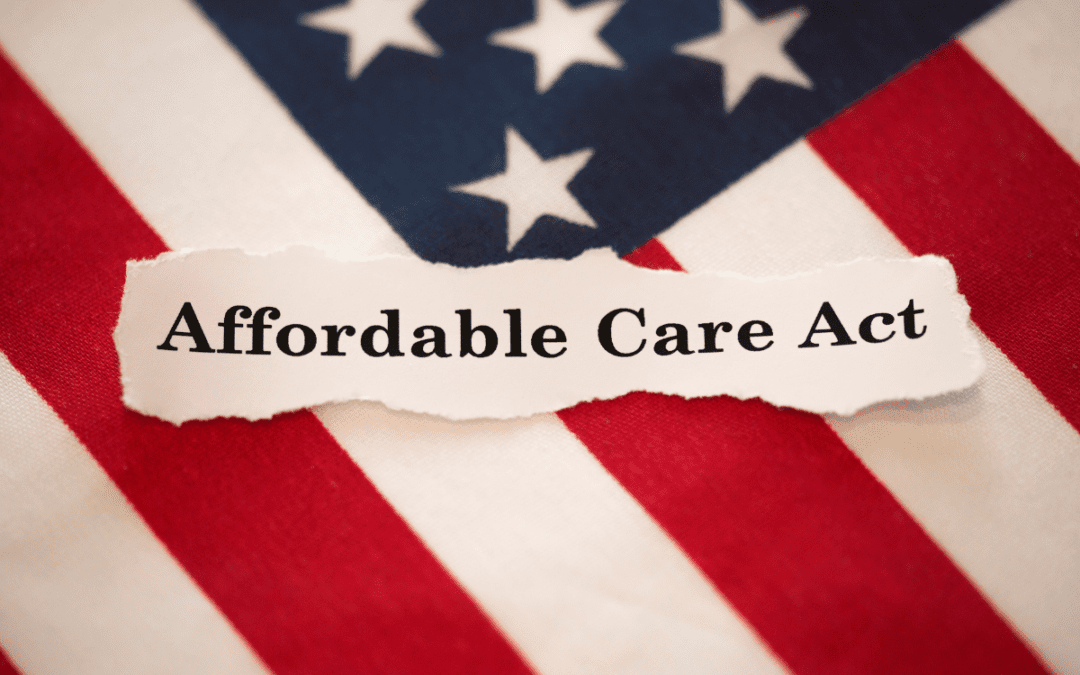
#image_title
#image_title
Shawn Phetteplace, regional manager for the Main Street Alliance, lays out the organization’s top priorities for next year.
For years, the conversation on what government policies are good for business has been dominated by organizations like Wisconsin Manufacturers and Commerce (WMC) and chambers of commerce.
But Shawn Phetteplace, Midwest regional manager at Main Street Alliance (MSA), a progressive small-business advocacy organization, said those policies actually “made it harder for small businesses to survive.”
“There’s this unholy alliance of a lot of these very large business organizations that really don’t look out for the interests of Main Street businesses,” Phetteplace said. “They’re more concerned about dumping PFAS into the water and not having any rules around that, not paying taxes, not having any kind of oversight. They represent the larger manufacturers, frankly, that don’t want to have rules of the road.”
Phetteplace pointed out that WMC has promoted Republican policies, even when they are not in the best interest of businesses big or small.
“Speaking frankly, WMC is a partisan political organization,” Phetteplace said. “They’re not a business organization and that really skews their views on issues. There are times when they’ll support policies that are clearly not in the best interest of business and small business, but they do it because it helps them get partisan gain.”
WMC did not respond to a request for comment.
RELATED: Opinion: Big Business Lobbies Don’t Speak for Main Street Shops
Main Street Alliance started during the healthcare debate in 2008 because “at the time there were small business owners who just didn’t feel represented by the big business corporate lobby,” Phetteplace said. The organization expanded into Wisconsin in 2020 and currently has more than 120 members across the state.
Phetteplace laid out the organization’s priorities going into 2022, which include advocating for Medicaid expansion, paid family leave, affordable child care, fair tax laws, anti-monopoly work, and access to capital.
Looking Ahead
One of MSA’s priorities—expanding Medicaid—is an off-shoot of the debates around the Affordable Care Act debates that started the organization, and it’s a priority still relevant in Wisconsin.. Wisconsin remains one of 12 states that have not expanded Medicaid (known here as BadgerCare), leaving billions of federal dollars on the table, including a one-time $1 billion payment offered if the state took the expansion in 2021.
Instead, legislative Republicans have blocked efforts to expand BadgerCare despite small business owners speaking out about how closing the coverage gap would help them recruit and retain employees.
“That’s something that clearly would help a lot of staff, especially part-time staff,” Phetteplace said. “Working with small businesses across the state, they want to provide group coverage, but they just can’t because it’s too expensive.”
MSA is also pushing for paid family leave and affordable child care in order to help families and get more people—particularly women—back into the workforce.
“If you look at what’s really keeping people on the sidelines in terms of the workforce, it’s a lot of women who left the workforce during the pandemic because their kids were sent home,” Phetteplace said. “For one reason or another—it’s too expensive, there’s no slots—the math doesn’t work out.”
Finally, the organization is trying to push policies and practices—anti-monopoly, fair taxation, and access to capital—that will rebalance the economic scales, which have become tilted in favor of large companies. Reversing that would give smaller businesses a better chance of launching, surviving and thriving, he said.
For example, Phetteplace pointed out that while small businesses are the engines of economic growth, our tax code places more tax burdens on them than on the nation’s largest companies.
“A mom-and-pop shop, a smaller business on State Street, should not be paying more in taxes than Jeff Bezos and Amazon,” Phetteplace said. “It just isn’t fair. It isn’t right.”
And he pointed out that the pandemic highlighted how “corporate concentration has gotten out of control.”
“You have a lot of very predatory behavior by larger businesses,” Phetteplace said. “For years, frankly, both Democratic and Republican administrations have not done a good job of enforcing the rules on the books to help crack down on the growth of corporate power that has really hurt our democracy and has hurt mainstream businesses.”
And while small businesses are frustrated with the ongoing proliferation of the pandemic, Phetteplace commended Gov. Tony Evers for making federal COVID-19 funds available for small businesses across the state.
“The Evers administration has done more for small business than probably about any other state government in the country on a per capita basis to help provide grants and direct support,” Phetteplace said, “which is really what small businesses needed most this year.”
Evers put more than $500 million of federal COVID-19 funds into small business grant funds, such as the Wisconsin Tomorrow Small Business Recovery grant program, Equitable Recovery program, and the Diverse Business Investment program. Phetteplace said he hopes to work with the administration to make some of those programs permanent as well as make more capital available for people who want to start a new business.
“Especially for women and people of color who often still experience real discrimination within the banking system,” Phetteplace said. “Unless you’re already well connected, unless you already have a bunch of money, or unless you have some type of investor for those smaller businesses that are just getting started, it can be very difficult to get the startup capital. That’s where government has a role.”
Overall, Phetteplace sees opportunities for growth going into 2022, not just for businesses but for their wider communities as well.
“For us, our members and the folks we work with, they’re people that want to make sure that that growth is shared,” Phetteplace said. “That it’s spent and invested in ways that help the workforce, help families and help make sure we have a more equitable society.”
Politics

Opinion: Many reasons why young adults should refuse to let Republicans kill the Affordable Care Act
In this op-ed, University of Wisconsin Medical School student, Samantha Crowley, shares the importance of young adults protecting the Affordable...

He said what? 10 things to know about RFK Jr.
The Kennedy family has long been considered “Democratic royalty.” But Robert F. Kennedy, Jr.—son of Robert F. Kennedy, who was assassinated while...
Local News

Stop and smell these native Wisconsin flowers this Earth Day
Spring has sprung — and here in Wisconsin, the signs are everywhere! From warmer weather and longer days to birds returning to your backyard trees....

Your guide to the 2024 Blue Ox Music Festival in Eau Claire
Eau Claire and art go hand in hand. The city is home to a multitude of sculptures, murals, and music events — including several annual showcases,...



